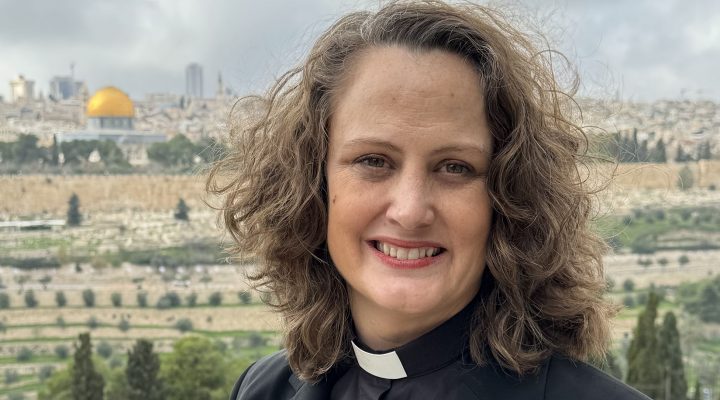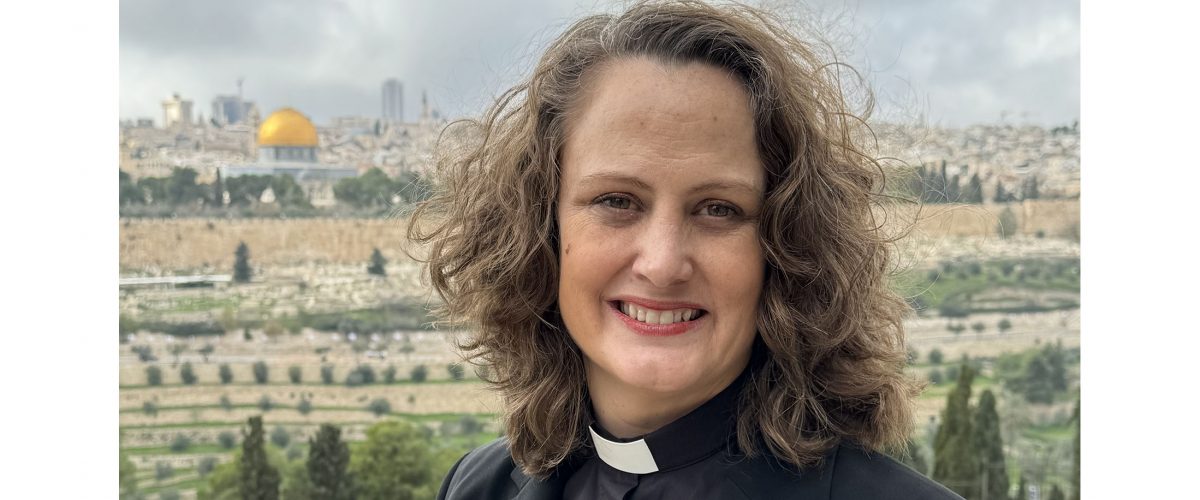This week, the fourth Lausanne Congress on World Evangelization, “Let the Church Declare and Display Christ Together,” is happening in Seoul, South Korea, where thousands of international Christians have come together from diverse backgrounds to consider “gaps and opportunities” in the church’s global mission.
I am honored to be a delegate from the United States and eagerly anticipate engaging in critical conversations related to the church and reconnecting with friends and ministry colleagues from around the world who I have not had the opportunity to see for decades.
During our time, my prayer and eager hope is the full scope of the gospel will be discussed and engaged. Early on in my ministry, in 2007, I wrote a short piece for Prism Magazine, of then Evangelicals for Social Action, now Christians for Social Action, called “(All) the Good News,” where I addressed how biblical justice is the Scriptural mandate to manifest the kingdom of God on earth by making God’s blessings available to all humankind. The blessings of God are both corporeal and spiritual. God’s grace and provision of salvation are extended to all who profess faith in Christ (Romans 10:9).
I fully anticipate robust conversations this week about salvation and evangelism as much of the focus of Lausanne is on “world evangelization.”
However, the physical provisions and blessings of God also are reported extensively in the Scriptures. Psalm 23 promises we will see the goodness of God “in the land of the living.” Consider the Old Testament ideas of justice, which often are described as the application of moral and judicial law.
One component of this law was understood in the Hebraic traditions to mean those who had need and lived in poverty would be taken care of by those who had access to wealth and resources. This is described in Leviticus 25 as a part of the fulfillment of the Year of Jubilee. Every 50th year, the Israelites were to proclaim liberty throughout the land to all its inhabitants. All property was to be returned to its original owners. Those who had debts were to be forgiven them. Slaves were to be set free. The Year of Jubilee, seemingly, was to be a massive restoration of wealth so that none would have need.
Poverty and provision also are discussed extensively in the New Testament. Matthew 5:3 talks about those poor in spirit, while Matthew 25 addresses those poor in material goods. God’s expectation is that we live out biblical justice and respond to those who are hungry, thirsty, naked or imprisoned while also sharing the gospel with those who are spiritually lost.
The Lausanne Movement has a long history of responding to the needs of the poor and suffering in their programs and discussions about the mission and role of the church as a global movement. Consider the preparatory paper written before the last Lausanne gathering in 2010 in Cape Town, South Africa, about poverty and wealth that reflected on the question posed in Micah 6:8, “What does God require of us?”
“Biblical justice is the manifestation of the whole gospel of Christ.”
The demonstration of the gospel should not be dichotomized into the two separate components of spiritual provision and material deliverance, as both are necessary components of the good news. Biblical justice is the manifestation of the whole gospel of Christ. The gospel is explicit in proclaiming the good news and evangelizing the lost (Matthew 28). Therefore, the proclamation of Christ, without responding to the needs of those who are poor and oppressed, is only a part of the good news.
Another, and sometimes neglected, component of the gospel is the promise of freedom and deliverance for the poor and suffering, as Jesus preached in his very first sermon written out in the Gospel of Luke, chapter 4. Referencing the liberating passages of Leviticus 25, he said: “The Spirit of the Lord is upon me, because he has anointed me to preach good news to the poor. He has sent me to proclaim freedom for the prisoners and recovery of sight for the blind, to set the oppressed free, and to proclaim the year of the Lord’s favor.”
When both components — compassion and evangelism — are expressed, the kingdom of God is manifested, justice is exemplified, and the good news of the gospel of Christ is proclaimed.
As one whose ministry life and mission is focused on Middle East peace, violence and war have been raging these past eleven months. From an earthly perspective, there is a desperate need for good news. Christian witness is about proclaiming Christ to the world — in word and deed.
For those of us who choose to follow the Prince of Peace, the good news of the gospel not only speaks to the salvation of the soul but also in the most broken places of the world — demanding a better way forward that rejects violence, death and destruction.
As the good news of the gospel is discussed at Lausanne, might it include a message of hope and peace for all of the world — including everyone in the Middle East — both Israelis and Palestinians.
Mae Elise Cannon serves as executive director of Churches for Middle East Peace in Washington, D.C.


